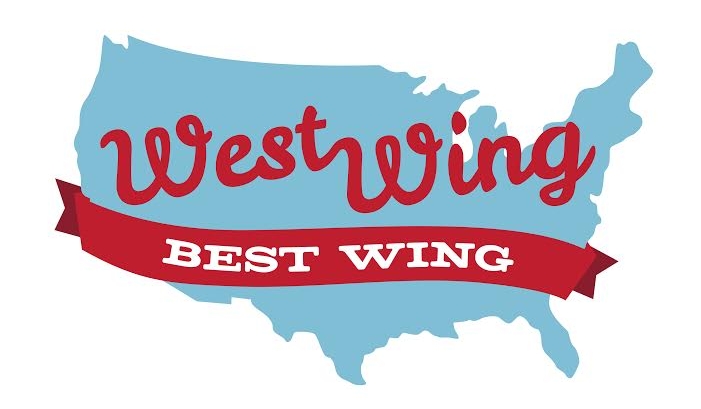A Post About Nothing
This past week, in-between maligning Bill Clinton's past transgressions and simultaneously downplaying his own, Donald Trump talked about how the election in November is probably rigged. To hear Trump tell it, Saturday Night Live is creating hit pieces to rig the election, Hillary Clinton is using performance enhancing drugs during the debate, and the women who have accused him of sexual harassment and assault are part of a grand conspiracy.
With this claim, Trump appears to be tapping into a widely held fear among Republicans, as only one third of Republicans believe their votes in this election will be counted fairly. And while Governor Pence, Trump's running mate, has committed to accepting the results of the election, whatever they are, many Trump supporters and Trump himself, have not let up.
I am in now way comparing George Costanza to Trump. I would never insult George Costanza like that.
Republicans at the state level have hurried to refute these claims. That's because votes are counted primarily at the state and local levels. In this election, many of the states likely to have the closest elections will be states where elections are managed by Republicans. Many state level elected officials have been quick to dispute these claims, even calling them irresponsible, since free and fair elections are one of the hallmarks of this great democracy, and without free and fair elections, what do we have?
But Trump isn't just targeting Republican states. He's been clear about where he thinks this problem is taking place, which is big cities in states that normally vote for Democrats. This "rigged election" seems to be just another excuse to enforce discriminatory Voter ID laws and make it harder for people (especially low-income people, people of color, and people who speak a different language than English) to vote.
And these claims are not just irresponsible, they're baseless. Because votes are counted by different agencies in every state, widespread voter fraud is highly unlikely. One academic, tracing incidents of voter fraud between 2000 and 2014, found around 31 instances of voter fraud that a Voter ID law could have prevented. That's 31 instances of possible voter fraud out of over 1 billion ballots casts. That's a smaller percentage than the amount of libertarians elected to public office in this country!
Most claims of widespread fraud within a state are later found to be completely unsubstantiated. In allegations of double voting, most investigations yield around fewer than ten cases of actual fraud out of all the ballots cast in the state, which comes to documented fraud rates of less than .0001%.
These few cases of fraud are repeated when you look at the actual evidence for the prevalence of dead voters, people voting from the wrong address, former felons voting, and undocumented immigrants voting. There are just not that many cases of documented voter fraud by individuals. Finding individual people who have committed voter fraud is less like trying to find a needle in a haystack and more like trying to find a single earring with George Costanza's face on it in the state of Montana.
If this is your style, enjoy!
Actual cases of fraud will be punished severely with fines of up to 10,000 dollars and five years in prison. But they won't have the satisfaction of tipping the election. Actually committing enough fraud to rig an election would take the coordinated effort of a very large group of people which many experts say is unlikely to happen. Think about how hard it is to split a bill with your friends after someone's birthday dinner. Now imagine trying to steal an election with those same people. I'm exhausted just thinking about it.
No one has yet seen a coordinated effort on the part of Trump supporters to become "poll watchers," vigilantly watching for fraud and intimidating voters. But just in case, make sure to know your rights before you go, know if you need to bring identification, and remember that voter intimidation is illegal, and if you feel that someone at your polling place is intimidating or threatening people, do not hesitate to report it to the Board of Elections, or the Secretary of State for your state. After all, protecting voters and ensuring a free and fair election is their main job.




